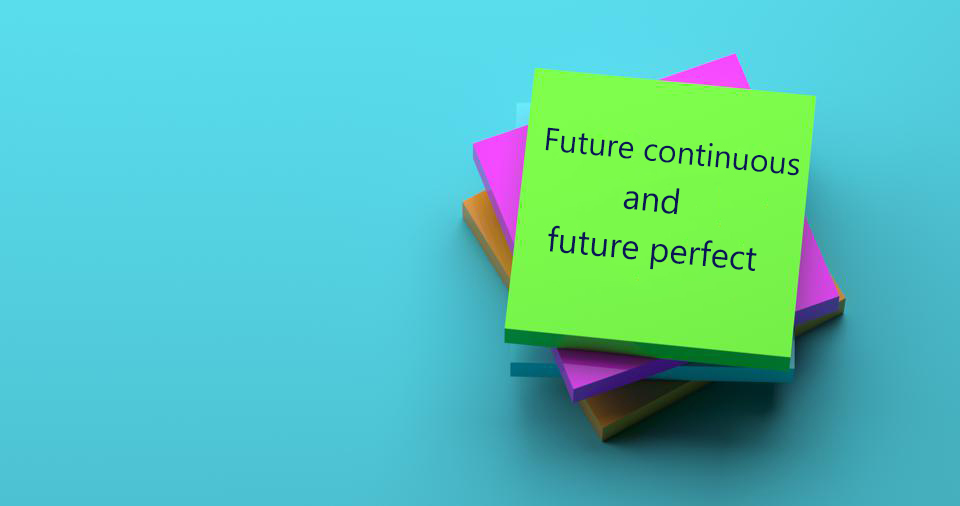آموزش زبان انگلیسی
زبان انگلیسی را با به روز ترین و آسان ترین متد های آموزشی روز فرا بگیریدآموزش زبان انگلیسی
زبان انگلیسی را با به روز ترین و آسان ترین متد های آموزشی روز فرا بگیریدآموزش زمان آینده استمراری و آینده کامل انگلیسی به زبان ساده

زمان آینده استمراری و آینده کامل در زبان انگلیسی بسیار پرکاربرد هستند. به مثال های زیر توجه کنید :
In three years' time, I'll be studying medicine
In five years' time, I'll have finished studying medicine
آینده استمراری (Future continuous)
ما می توانیم از آینده مستمراری استفاده کنیم (will/won't be + -ing form) تا در مورد اقداماتی که در آینده در حال رخ دادن خواهند بود صحبت کنیم. آینده استمراری به دو حالت تقسیم میشود:
- حالت اول زمانی است که ما میخواهیم درباره زمان مشخصی در آینده صحبت کنیم.
When you come out of school tomorrow, I'll be boarding a plane
Try to call before 8 o'clock. After that, we'll be watching the match
You can visit us during the first week of July. I won't be working then
- حالت دوم زمانی است که درباره یک رخداد موقت یا تازه و متفاوت در آینده صحبت میکنیم.
Today we're taking the bus but next week we'll be taking the train
He'll be staying with his parents for several months while his father is in recovery
?Will you be starting work earlier with your new job
آینده کامل (Future perfect)
ازآینده کامل (will/won't have + past participle) زمانی استفاده میکنیم که قصد داریم درباره چیزی صحبت کنیم که قبل از زمان مشخصی در آینده رخ داده.
The guests are coming at 8 p.m. I'll have finished cooking by then
On 9 October we'll have been married for 50 years
?Will you have gone to bed when I get back
میتوان با استفاده از یک سری از عبارات بازه زمانی مشخصی را در جمله مشخص کرد. به مثال های زیر توجه کنید :
I won't have written all the reports by next week
By the time we arrive, the kids will have gone to bed
I'll have finished in an hour and then we can watch a film
In three years' time, I'll have graduated from university
برای نمایش آواتار خود در این وبلاگ در سایت Gravatar.com ثبت نام کنید. (راهنما)






















































ایمیل شما بعد از ثبت نمایش داده نخواهد شد